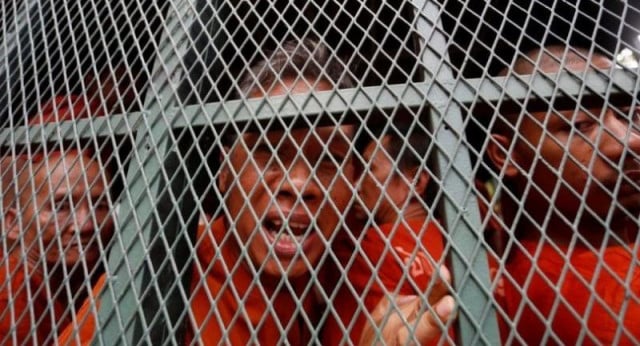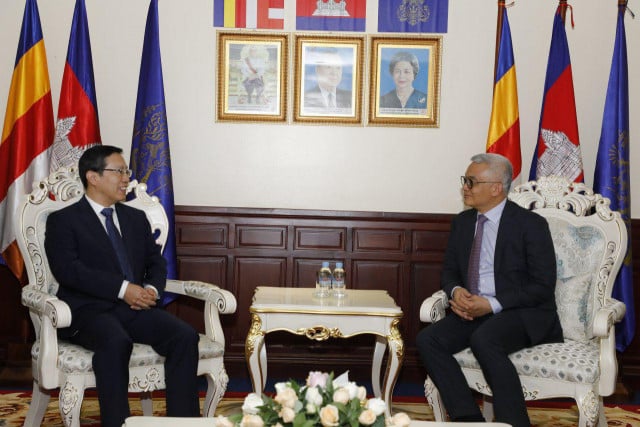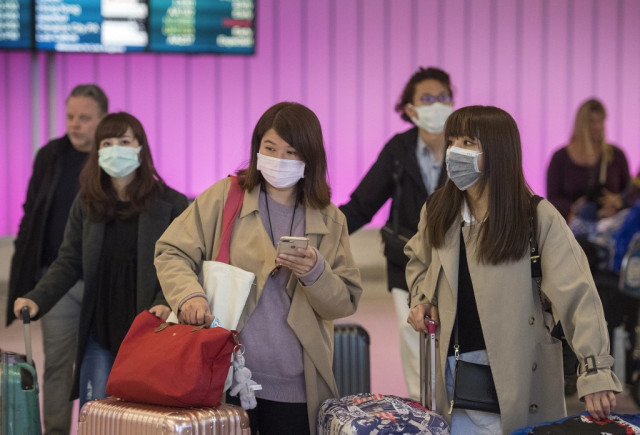Cambodian Prisons Could Become COVID-19 Epicenters: Human Rights Watch

- Phoung Vantha
- April 6, 2020 10:11 AM
The Ministry of Interior seeks to downplay the risk of the virus to inmates and prison staff, but Human Rights Watch warn that Cambodia is not taking the situation seriously.
PHNOM PENH--The Cambodian government should take urgent measures to reduce the risk that the country’s severely overcrowded prisons will suffer Coronavirus Disease 2019 (COVID-19) outbreaks, Human Rights Watch said on Monday.
“Cambodia’s seriously overcrowded prisons are COVID-19 disaster zones waiting to happen,” said Phil Robertson, deputy Asia director at Human Rights Watch. “Cambodia should speedily release prisoners at greater risk if infected, as well as those detained for minor offenses, and take urgent steps to ensure prisoners get adequate medical care.”
Khieu Sopheak, spokesman for the Ministry of Interior said that the Cambodian government has taken action and already suspended visits to prisons as of March 25.
“We have taken action so far, we already know those things. Just work for your salary and don't worry about us – we know more than Human Rights Watch,” he said. “Human Rights Watch are so funny, please just take care of your own child, beware of getting infected by a virus,” added Sopheak in apparent reference to Robertson.
Sopheak said that as of the end of last year, a total of 37,007 inmates were incarcerated in the country’s prisons. Those numbers including 34,423 men and 2,584 women were in prison throughout Cambodia.
The Cambodian League for the Promotion and Defense of Human Rights (LICADHO) noted there was a “220 percent rise in the number of pregnant women and young children in prison between January 2017 and August 2018.” Human rights defenders have said that as many as 30 prisoners are held in highly unhygienic conditions in small cells.
To reduce the risk of transmission in prisons, the government should routinely monitor all patients for symptoms, immediately test those who become ill, isolate those who test positive, and quarantine prisoners who were in close contact with those found to have COVID-19, Human Rights Watch said.
Phil Robertson urged the Cambodian government to protect its incarcerated population and follow recent guidelines released by the World Health Organization.
“The Cambodian government needs to immediately reduce the prison population while undertaking rigorous testing inside prisons to isolate those who are sick,” Robertson said. “Foreign donors should urge the Cambodian government to abide by international guidance and human rights standards, which would be in the best interest not only of prisoners and prison staff, but also the Cambodian people”















